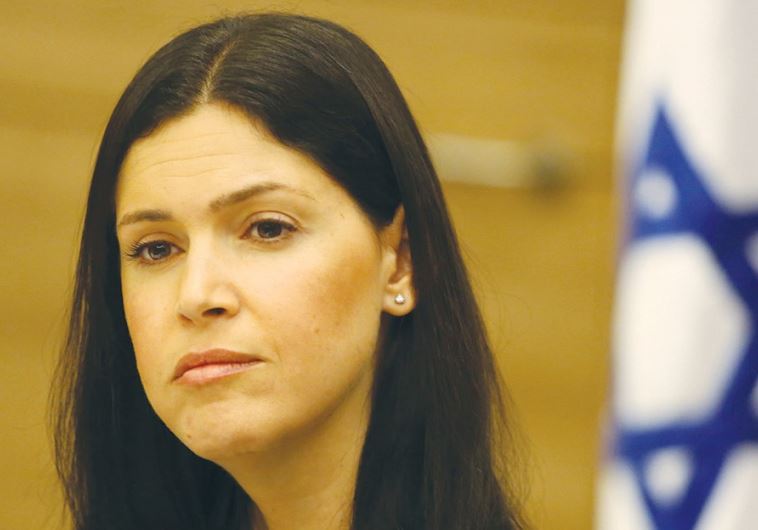MKs must declare conflicts of interest to avoid corruption, c'tee head says
Lawmakers currently have to submit a financial statement to the Knesset Ethics Committee after they're elected. The statement is kept confidential.
 (photo credit: MARC ISRAEL SELLEM)Updated:
(photo credit: MARC ISRAEL SELLEM)Updated: